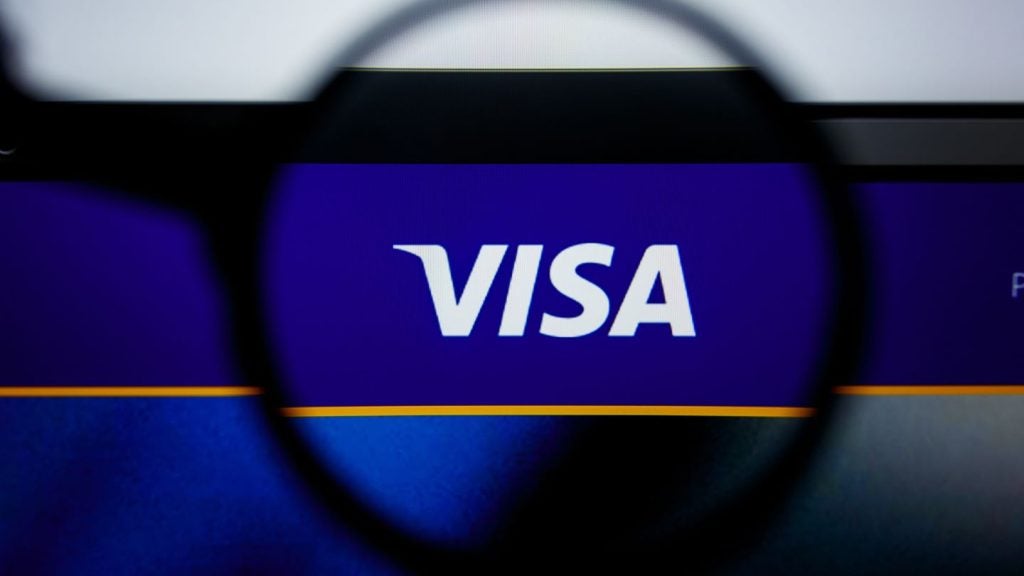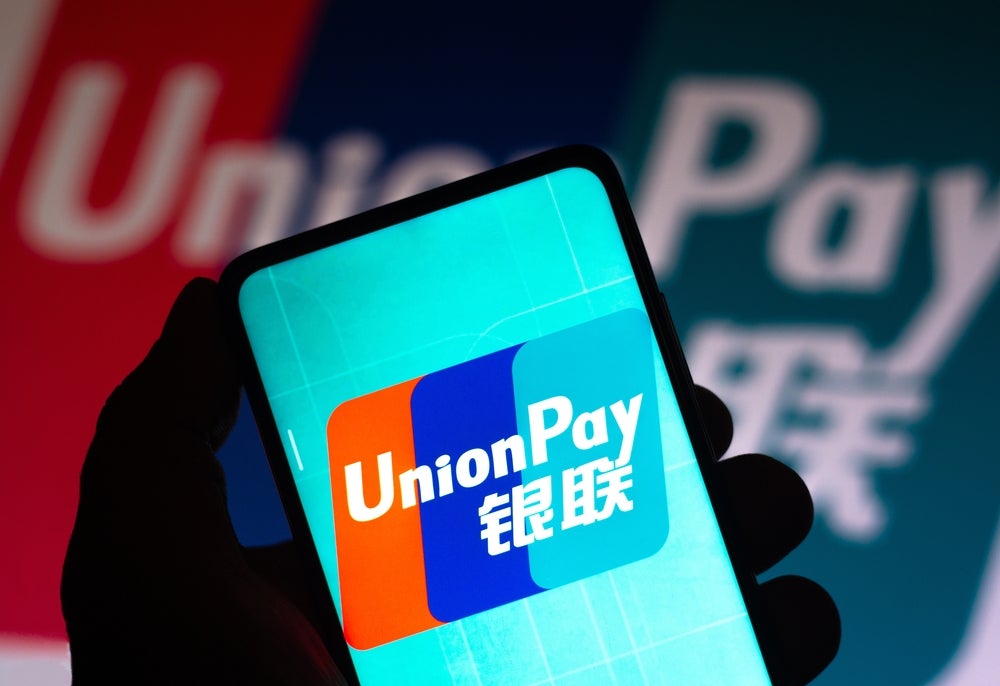The Nigerian economy is among the fastest-growing in Africa, and was largely resilient to the global financial crisis, mainly due to the Nigerian government’s efforts to reduce its dependence on oil exports and improve non-oil sectors such as agriculture, manufacturing and financial services. With government reforms in infrastructure sectors such as power, railways and telecommunications underway, GDP is anticipated to grow further over the forecast period (2014-2018), a positive sign for the Nigerian cards and payments industry.
In terms of number of cards in circulation, the Nigerian card payments channel was dominated by the debit cards category with a 67.3% channel share, followed by prepaid and credit cards with channel shares of 31.0% and 1.7% respectively in 2013. Although the credit cards category had the smallest channel share of 1.7%, it registered the highest compound annual growth rate (CAGR) of 18.30% during the review period, followed by the debit and prepaid card categories.
The Nigerian cards and payments industry presents healthy growth potential
The Nigerian card payments channel recorded strong growth during the review period both in terms of volume and value. The card payments channel grew at a review-period CAGR of 12.89%, rising from 30.5 M cards in circulation in 2009 to 49.5 M in 2013. Over the forecast period, the card payments channel is forecast to register a CAGR of 9.76%, rising from 56.1 M cards in circulation 2014 to 81.4 M in 2018.
The review-period growth was a result of the Nigerian government’s efforts to move its cash-based economy towards non-cash payments. Projects such as Cash-Less Lagos have been launched to promote electronic payments and curb issues such as tax evasion and money laundering.
In terms of transaction value, the card payments channel grew at a significant CAGR of 31.69% during the review period, from NGN1.1 Tn (US$7.1 Bn) in 2009 to NGN3.2 Tn in 2013. The channel is expected to post a forecast-period CAGR of 11.09%, from NGN3.6 Tn in 2014 to NGN5.5 Tn in 2018.
How well do you really know your competitors?
Access the most comprehensive Company Profiles on the market, powered by GlobalData. Save hours of research. Gain competitive edge.

Thank you!
Your download email will arrive shortly
Not ready to buy yet? Download a free sample
We are confident about the unique quality of our Company Profiles. However, we want you to make the most beneficial decision for your business, so we offer a free sample that you can download by submitting the below form
By GlobalDataLower banking penetration rates represent promising future growth prospects
According to a survey conducted in 2012 by financial sector development organization EFInA on access to financial services in Nigeria, 34.9 M adults, equivalent to 39.7% of the adult population, were not part of the formal financial system. Unfamiliarity with banks, financial illiteracy, lack of adequate documentation and perceived high charges were key reasons for not using formal banking services. This provides significant opportunities for banks to access this potential market by creating awareness of banking products, using marketing and promotional offers and providing access to banking by opening branches in rural and remote areas. Banks have already taken a number of initiatives, such as the introduction of prepaid cards with low charges, and financial literacy campaigns.
Growth of m-commerce, e-commerce and outbound travel to drive the card payments channel
Mobile payments (m-payments) registered an exponential review-period CAGR of 147.46%, from NGN1.3 Bn in 2009 to NGN47.1 Bn in 2013. M-payments are anticipated to record a forecast-period CAGR of 23.24%. E-commerce also grew at a healthy review-period CAGR of 24.29%, from NGN38.6 Bn in 2009 to NGN92.1 Bn in 2013, and is anticipated to record a forecast-period CAGR of 12.63%. Outbound travel spending by retail and corporate consumers increased during the review period at a CAGR of 17.25%, and is anticipated to increase further over the forecast period at a CAGR of 9.31%, fueling the growth of travel cards.
Government measures to diminish the cash-based transactions to drive card payments
In 2012, the Central Bank of Nigeria (CBN) introduced a new policy stipulating a cash handling charge on daily cash withdrawals or deposits which exceed NGN500,000 for individuals and NGN3,000,000 for corporate bodies, in order to reduce the amount of physical cash in circulation. The policy is initially piloted in Lagos and will be gradually introduced in other Nigerian states. Consumers, financial institutions and the government are all expected to benefit from the policy.
Adoption of secure payment technology to curb the growing fraudulent activities
Total card fraud in Nigeria increased significantly at a CAGR of 24.87%, from NGN267.9 M in 2009 to NGN651.3 M in 2013. To offer more security to card users and enable a greater number of online and offline transactions, several banks have enhanced security features in cards. According to the CBN’s guidelines, all banks were required to upgrade their products from magnetic stripe cards to chip-and-PIN cards by September 30, 2010 and following the central bank’s directive, banks in Nigeria started to offer chip-and-PIN cards from 2011 onwards. To conduct secure online payments, banks have implemented the MasterCard SecureCode and Verified by Visa programs. The adoption of advanced security features is projected to drive growth in card-based payments over the forecast period.
Government’s efforts to increase banked population
In May 2013, the Nigerian National Identity Management Commission (NIMC) announced plans to introduce 13 M national identity smart cards with electronic payment functionality. The pilot project will be carried out in conjunction with MasterCard. Individuals above 16 years will receive a multipurpose identity card with MasterCard’s prepaid functionality. Access Bank will be the pilot issuer bank, with Unified Payment Services as the payment processor. United Bank for Africa (UBA), Union Bank, Zenith Bank, Skye Bank, Unity Bank, Stanbic and First Bank will be other issuing banks on successful completion of the pilot. The program is envisaged to have a significant impact on Nigeria’s unbanked population.
Structured marketing efforts to attract a variety of key demographics
The Nigerian card payments channel has yet to reach its full potential by card issuers. Niche categories such as students and young people, females, gift, travel, business and e-shopping cards are gaining in popularity in other developed, and developing countries, but are yet to be developed by issuers in Nigeria. Customer segmentation is an important strategy to increase the number of cards in circulation, and some banks are offering cards based on segmentation.
- GTB is offering the Smart Kids Save (SKS) Teen Card to SKS Teen account holders aged 13?18 years, giving them 24-hour access to funds in their SKS Teen card accounts anywhere in the world.
- GTB launched the student-specific GTCrea8 account in 2009. The bank also offers the GTCrea8 Card for college students to enable them to access to their accounts anywhere in the world.
- For travelers, banks such as UBA, Standard Chartered Bank Nigeria (SCBN) and Access Bank offer both debit and credit cards with a range of value-added services such as higher credit limits, purchase insurance, travel insurance, concierge services and priority passes, among others.
- For high-income individuals, banks offer services such as emergency card replacements, emergency roadside assistance, access to golf clubs and private clubs in Nigeria, and medical and legal services.
Embracing social media for customer engagement
The use of social media to reach consumers is increasing rapidly among Nigerian banks. FirstBank uses micro-blogging tool Twitter to communicate developments concerning the bank’s products and services. The bank also has a presence on Facebook and YouTube. Guaranty Trust Bank (GTB) and United Bank of Africa (UBA) are also present on Twitter, Facebook and YouTube. This trend will have a positive impact on the cards and payments industry.
Financial inclusion strategy
In 2010, the CBN announced a financial inclusion strategy to provide services such as loans, savings, money transfers, insurance and pensions to the disadvantaged and low-income population, with the aim of reducing the percentage of Nigerians excluded from financial services from 46.3% in 2010 to 20% by the end of 2020. The CBN has been encouraging commercial banks to increase banking penetration rates while issuing various regulations and guidelines. For example in October 2012, the CBN raised the maximum amount that can be loaded onto a prepaid card from NGN20,000 to NGN50,000 per day, to increase the number of cardholders not linked to a bank account. The financial inclusion strategy is expected to increase the banked population and card use.







